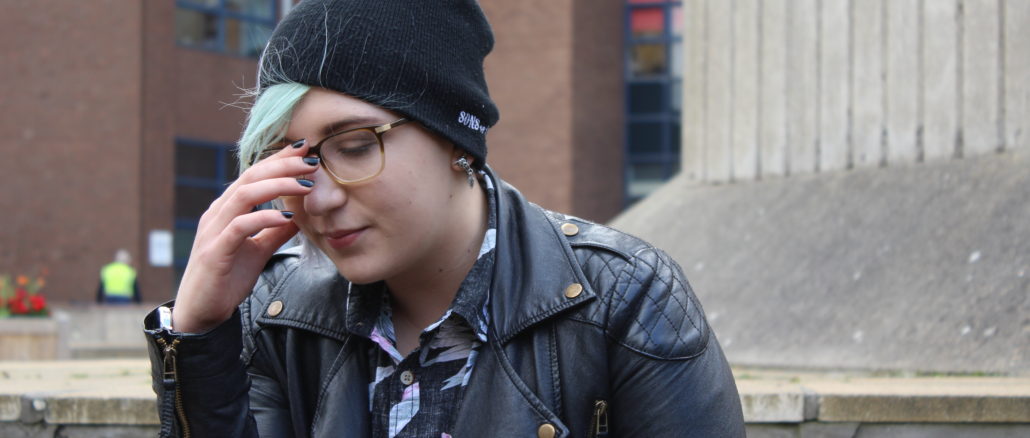
[dropcap]Death[dropcap] visits us all eventually, the game however, is to thwart its arrival for as long as possible. Ultimately though, it will arrive to embrace us and for those we leave in our wake, the unwanted visitor, grief, will follow. With the grim determination of the unwanted guest, under shadows spanning unending hours, grief becomes a norm of sorts so that we process what can no longer be.
There is a general expectation that this mourning and grief will transpire after the death of someone we have shared elements of life with. However, when we are left bereft, confused and saddened, due to the death of someone we have never met, this can evoke questions difficult to resolve.
Ken Auchincloss of Newsweek, calls this “Event Grief,” saying: “Emotion is the glue that fastens people to an event played out in the papers or on television. Emotions of this sort hardly count as feelings at all; they’re a form of participation. They’re like screams at a pop concert, which don’t signify love or even admiration but just exuberance at being part of the show.”
This past week saw the sudden death of Anthony (Axel) Foley, former rugby player and Munster head coach. A man, who, according to social media epitaphs, was a ‘hero’, a ‘true gent’, and a ‘legend’, in equal measure.
The canteen line at DCU would argue Auchincloss point, with a strongly displayed belief that this is sadness, and for a university with a great love for rugby, it’s hardly surprising.
Sean McCauley noted: “I wouldn’t be the type to get caught up with grieving a public figure, but this is different, it’s a tragedy and it really has touched me on a personal level. It is so sad, such a loss.”
Another female student said: “I didn’t know him, but it’s really sad, and It kind of makes you realize that it [death] can happen even when you are looking after yourself.”
Phil Gormley, a grief therapist explains: “We do feel this imposition of sadness when someone that is not an immediate part of our life dies. The thing is to recognize this sadness or grief and to acknowledge it as being real. We should not be embarrassed for feeling a real emotion, but part of the reason we grieve for a public figure can be down to the fact that it is thrust at us from the media is such an overwhelming fashion.”
A random grab of Twitter and Facebook posts, supports this theory, showing people who are feeling emotionally wrought about the death of someone they never knew.
Gormley notes: “The media will be awash with stories when a public figure dies, but other people died last week perhaps equally tragically, but we don’t have the spectacle of this sadness laid out for us, so it doesn’t impact in the same way.”
Empathy for another’s pain, is perhaps a definition for this feeling. Death visits us all, but discussing it still feels like asking for trouble.
Orla O Driscoll
Photo Credit: Zainab Boladale




Leave a Reply